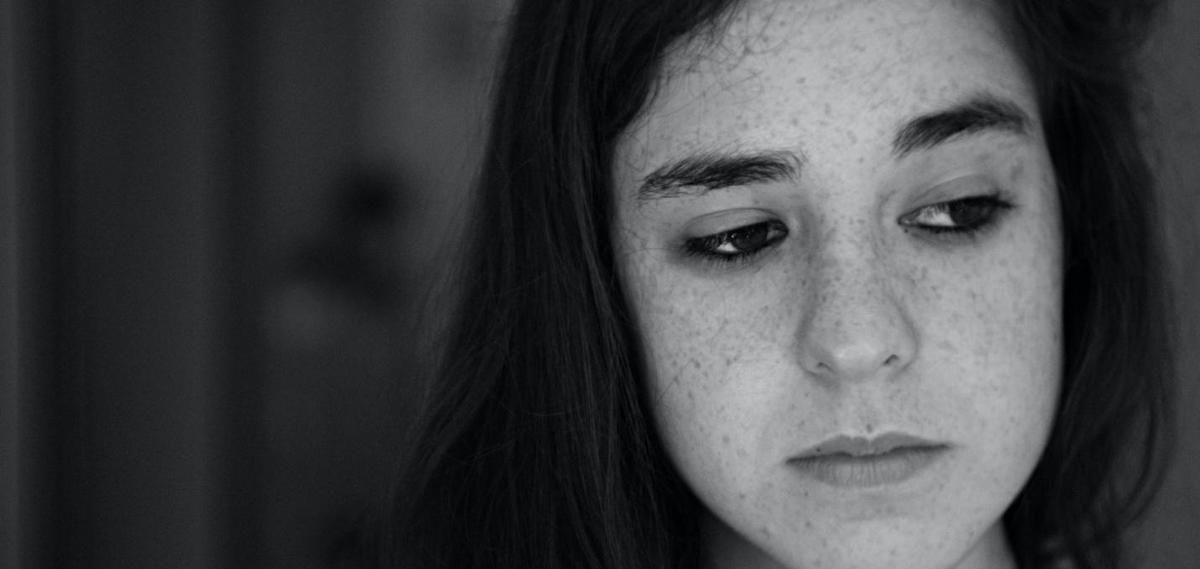This is why you've gained weight during the coronavirus pandemic
Are you finding it harder to fit into clothes that seemed to fit perfectly fine a year ago?
Is weight gain during the coronavirus pandemic causing you to panic?
Are you feeling more isolated and bad about yourself because you have gained weight during this time?
If you have gained weight since last March, you are not alone.
The pandemic has made a significant impact on our lives.
Before quarantine, we spent much of our days outside of the home — attending our jobs, school, or running errands, seeing friends and family.
We used to follow a very active lifestyle where we engaged in physical activity from time to time and had healthy ways to release our stress.
Ever since the pandemic hit, our routines and usual ways of living have been completely changed.
The active lifestyle we once followed has been replaced by a forced stay-at-home lifestyle and has for many of us become oppressive, boring and depressing.
The pandemic is also to blame for many more problems.
Stay-at-home routines have given rise to increased stress. Many have resorted to unhealthy coping mechanisms such as emotional or binge eating.
In the past year, as a result of using unhealthy eating behaviors as a coping mechanism for stressful situations, many people have reported an increase in their weight.
Considering the circumstances, gaining weight in this situation is completely normal, and there is nothing to be ashamed of as it is a very common issue. Not much of it was in our control, but we can control how we approach this situation now.
And most importantly, we do not want to give into ineffective ways of weight loss that are fruitless and make our eating habits worse, and only harm us in the long run.
When it comes to losing weight, one of the most common methods people usually resort to is dieting.
When dieting, you focus on certain foods, avoid others, and restrict yourself by denying your body its natural eating patterns. Dieting can surely give results, but it is usually very difficult and nearly impossible to stick with in the long run.
Eventually, people on diets often cannot control themselves for extended periods and have “cheat days” where they go against their diet plan and find themselves back at the same weight and, in some cases, gain even more.
With diets you are not breaking your bad habits. Instead, you are ignoring the stressful events that caused the weight gain in the first place. Saying no to “bad” foods will not solve the stressful circumstances, and will only cause you to crave restricted foods more and more in reality.
Diets follow a one size fits all approach and completely ignore a person’s unique needs and preferences. You cannot keep starving yourself forever, so, in most cases, diets are not the final answer to your weight loss.
People also often confuse their binge eating with emotional eating.
When you break the rules of a diet, it is easy to believe that your emotions are what caused you to binge in the first place. But in reality, this desperate desire to binge is a biological reaction to deprivation.
When you are not getting enough calories, your brain releases neuropeptides (NPY) as a response to starvation. An increase in NPY can delay satiety in your body, so we feel like we must eat lots of food at once to make up for the deprivation.
Cravings during diets are not an issue of control. Instead, they are your body’s natural survival mechanism to keep us alive and well. In this way, dieting is the real cause of our binging in the first place.

If you find yourself on a diet and are not seeing results, it does not mean that you are not working hard enough. It means that the diet you are following does not work.
If you want to lose your extra weight, the first and foremost thing you need to understand is that diets are not the ideal solution, and you do not have to put yourself through extensive tests of willpower to lose weight.
So, then what is a good alternative solution that can help you lose weight without restrictive eating?
The non-diet approach is a much more practical, easy to follow, and lasting method that not only gives you a solution but a whole new perspective on how to look at weight and overall health.
The non-diet approach is based on a Health at Every Size (HAES) principle. This principle supports the fact that just like your eye and hair color, every person’s body shape is unique and varies from individual to individual.
It helps you realize that losing weight should not be the end goal, yet maintaining good health and prioritizing healthy behaviors should be a top priority.
This does not mean that you ignore maintaining a healthy weight. This means you focus on maintaining and developing healthy behaviors instead of just focusing on your body’s shape and weight as measures of progress and good health.
This approach is also backed up by research as one of the most effective ways to maintain and improve your health.
You need only to maintain and develop healthy behaviors, and you do not need to shrink your body to maintain health.
One of the best healthy behaviors that you should focus on is intuitive eating. It is a philosophy that makes you an expert on your body and its hunger cues.
Unlike traditional diets, intuitive eating does not pose any restrictions or guidelines on what to eat and avoid. Instead, it promotes a healthy attitude towards your body image and food.
The core idea of intuitive eating is using intuition with your body to eat only when you are physically hungry and stop as soon as you are full. It teaches you how to differentiate between physical and emotional hunger.
In intuitive eating, you are not eating out of sadness, loneliness or boredom, or cravings. Instead, you are responding to your body’s natural hunger cues such as fatigue, growling stomach, or irritability.
So, how can we get started with intuitive eating?
Below are some tips that can help.
1. Reject your diet mentality and understand that you have to let go of any restrictions because it will hinder your ability to use intuition to understand your body better.
2. Eat only as a response to physical hunger and stop when full. You learn to feel your fullness and discover your satisfaction factor.
3. Enjoy your food with all your senses and remove any distractions. Be completely immersed in your food, such as eating slowly, enjoying the texture, the smell, and the taste when you are eating.
You approach your health in a non-weight-focused way.

Similarly, to increase the benefits, you can adopt a better mindset for how you exercise. Instead of making exercise a compulsion and just filling your weekly quota by forcing yourself to exercises you do not like, you engage in joyful movement.
Joyful movement is an approach towards physical activity that emphasizes the pleasure you get from exercise.
Just like intuitive eating, you do not skip or overdo specific exercises. Instead, you choose exercises that you enjoy, take a rest whenever you want to, and pay attention to how the movement makes you feel.
As every person’s body and experiences are unique, therefore, to get the best out of these non-diet approaches, it can help a lot to ask for individual guidance from professionals.
At The Body Image Counseling Center, we provide expert counseling to help you get back on track and regain control over your body image and help you live a meaningful and joyful life, using an intuitive eating, health at every size approach.
Using an intuitive approach, your diet quality can radically improve, your esteem can increase, and you experience improvement in your psychological well-being. It can further help decrease disordered eating, gain weight stability in the long run, and your body dissatisfaction reduces to a great extent.
If you’ve gained weight during Coronavirus, don’t despair, and you’re definitely not alone. Try not to fall into desperate diets - start intuitive eating and joyful movement instead!










